Astronauts Drink Their Own Urine In Space? Tap To Know More
Surviving in space requires technology, careful planning and daily routines to keep astronauts alive and healthy. With intense radiation, no air to breathe and zero gravity, here are 7 ways astronaut survive in space.
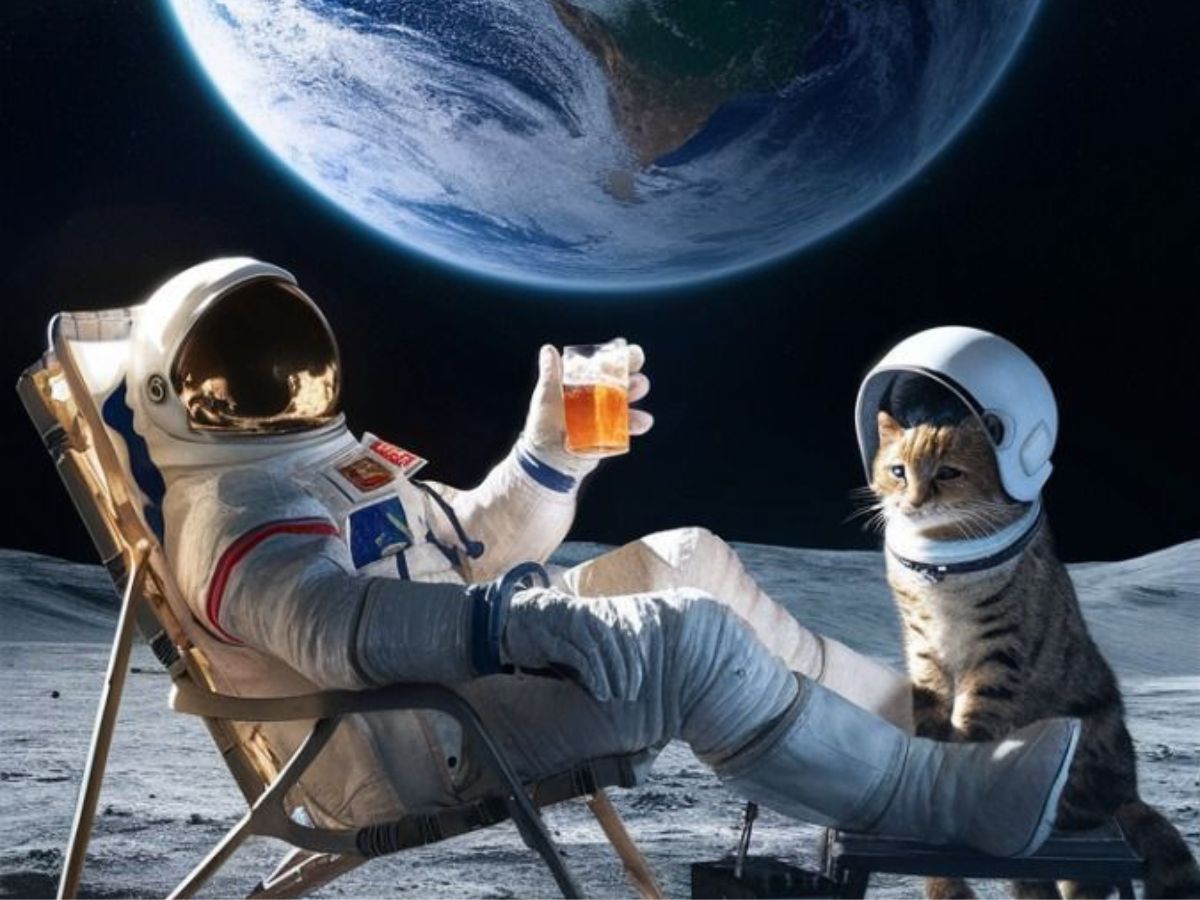
Oxygen Supply
The spacecraft and space suits provide a steady flow of oxygen. Carbon dioxide is removed using filters like lithium hydroxide canisters.
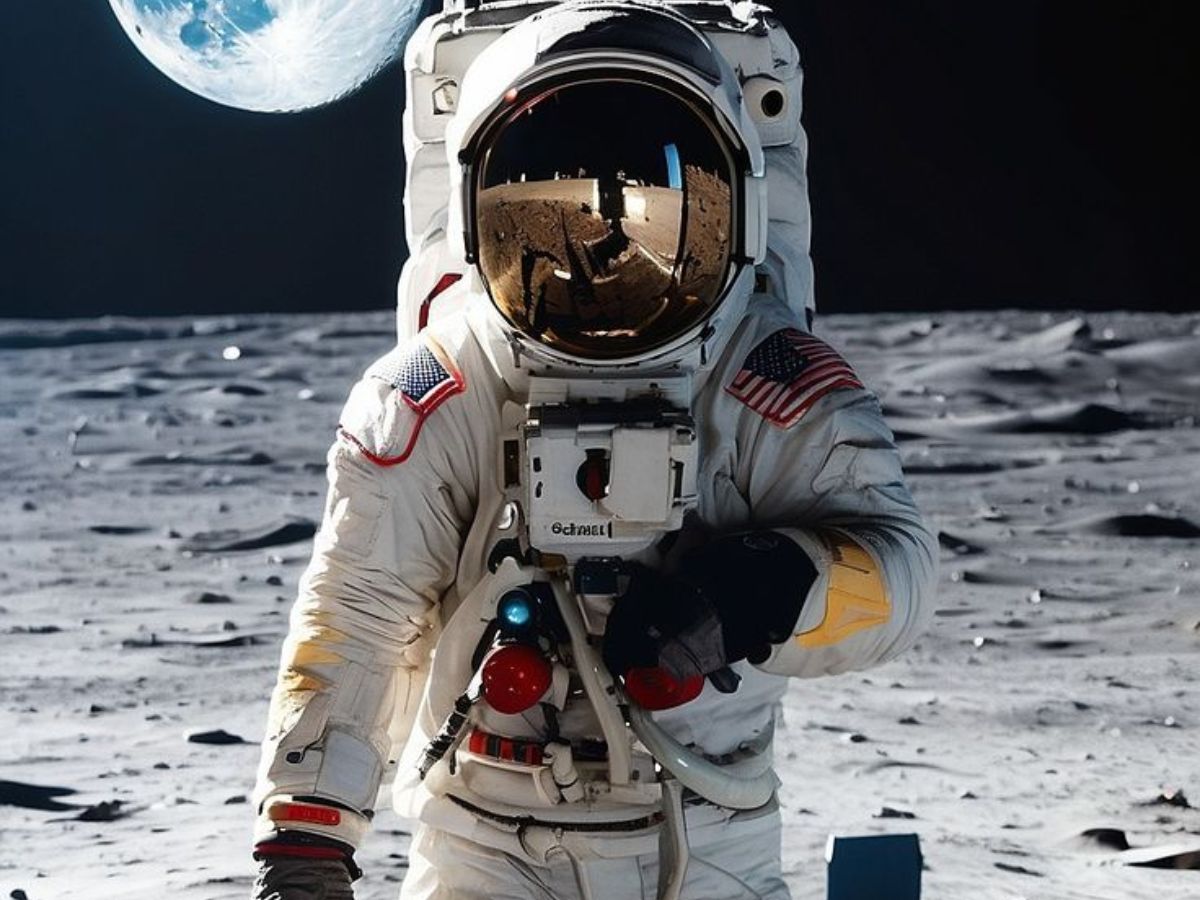
Food and water
Astronauts eat specially packed, lighweight, and shelf-stable food. Water is recycled from recycled from urine, sweat, and air moisture using purification systems.
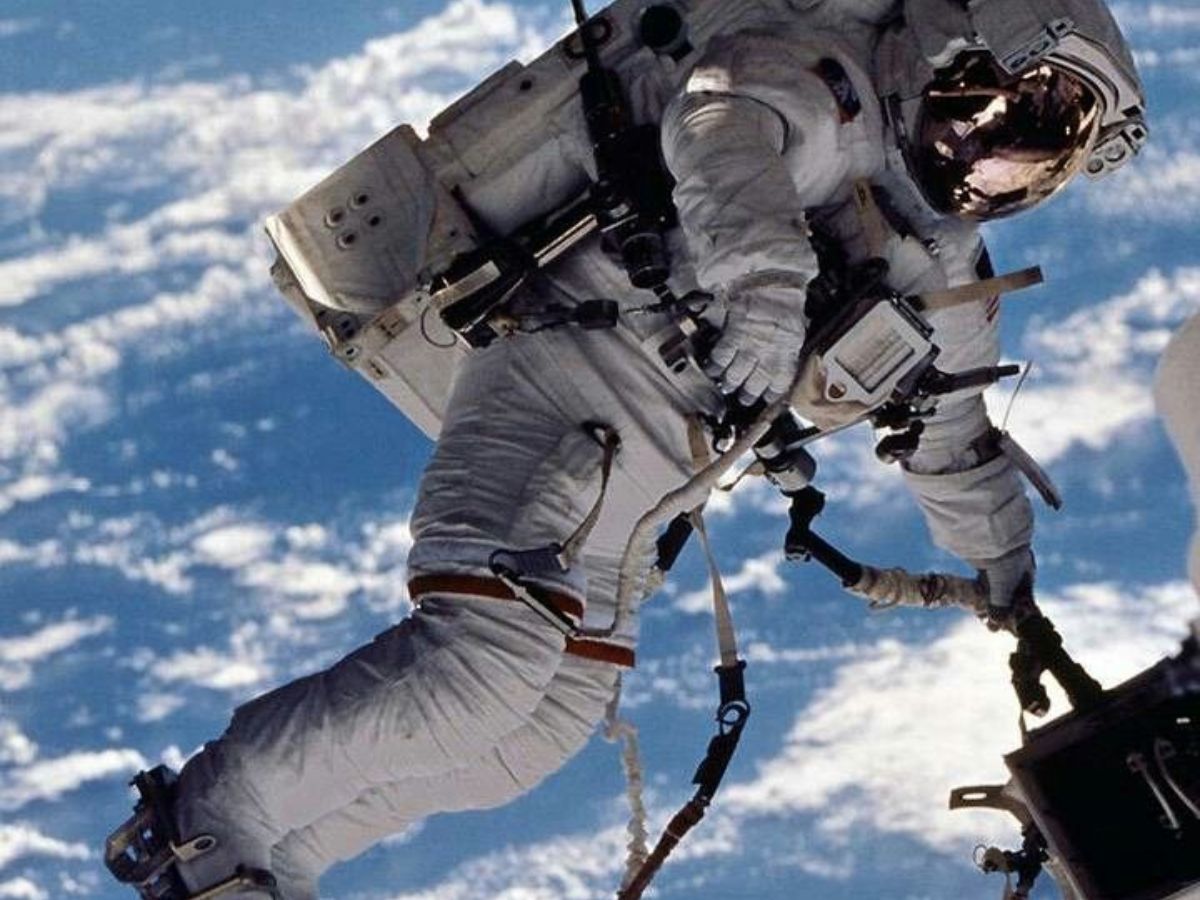
Temperature Control
Spacecraft are equipped with thermal regulation to protect against extreme heat and cold. Space suits also have layers to insulate and manage body temperature.
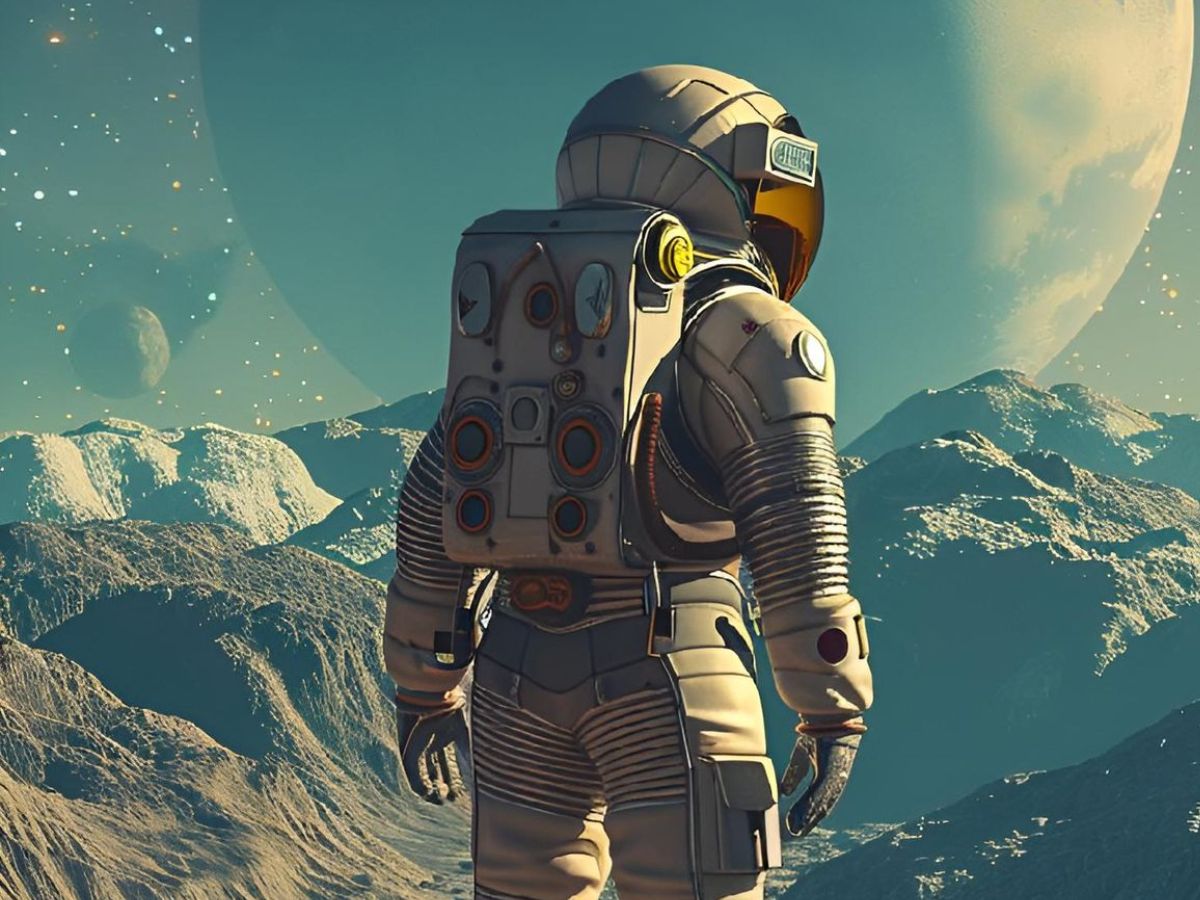
Radiation Protection
Spacecrafts have shielding to reduce exposure to harmful cosmic and solar radiation. In high radiation events astronauts take shelter in thicker parts of the spacecraft.
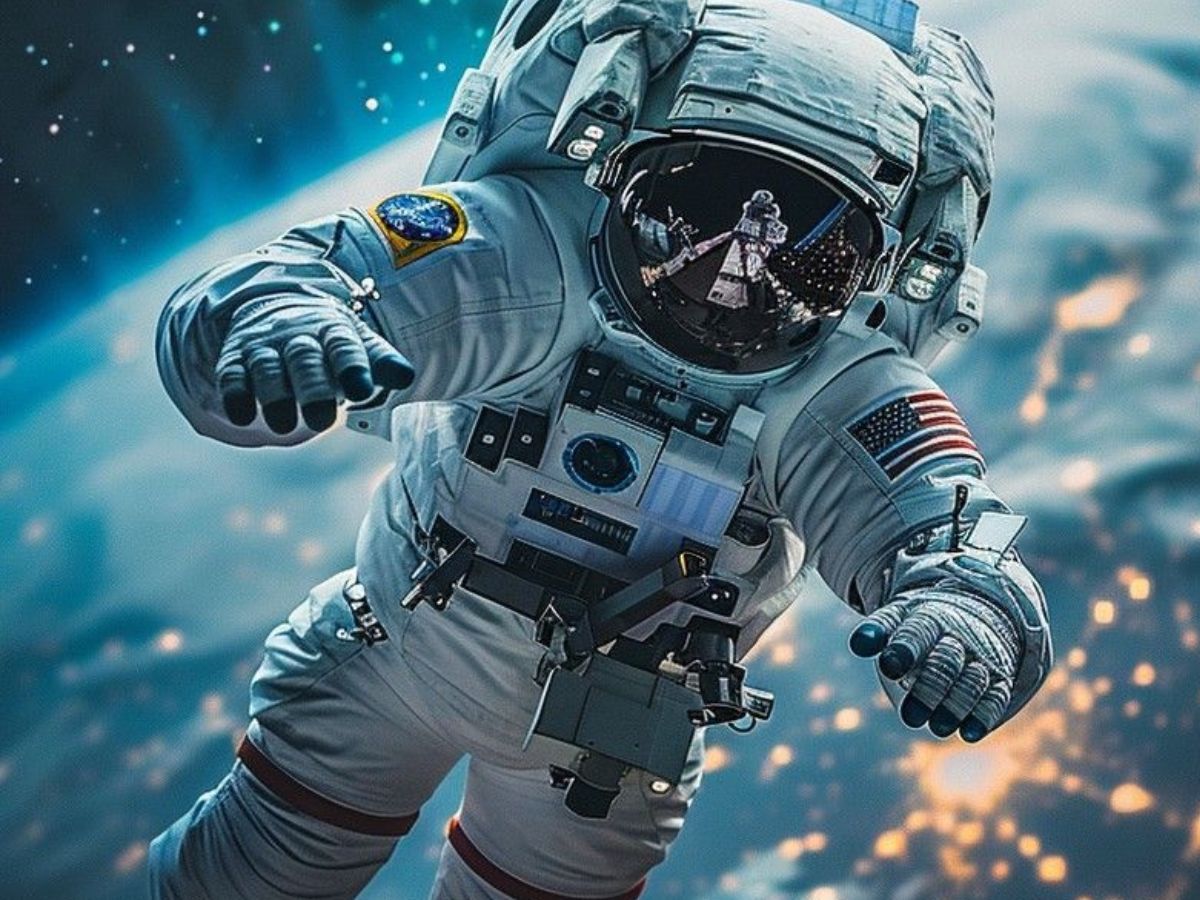
Microgravity Adaptation
Astronauts exercise daily for up to two hours to prevent bone weakening and prevent muscle loss. Equipment like resistant machines and treadmills are used in zero gravity.

Communication with Earth
Constant contact with mission control via satellite and radio systems ensures updates, emotional support and guidance.
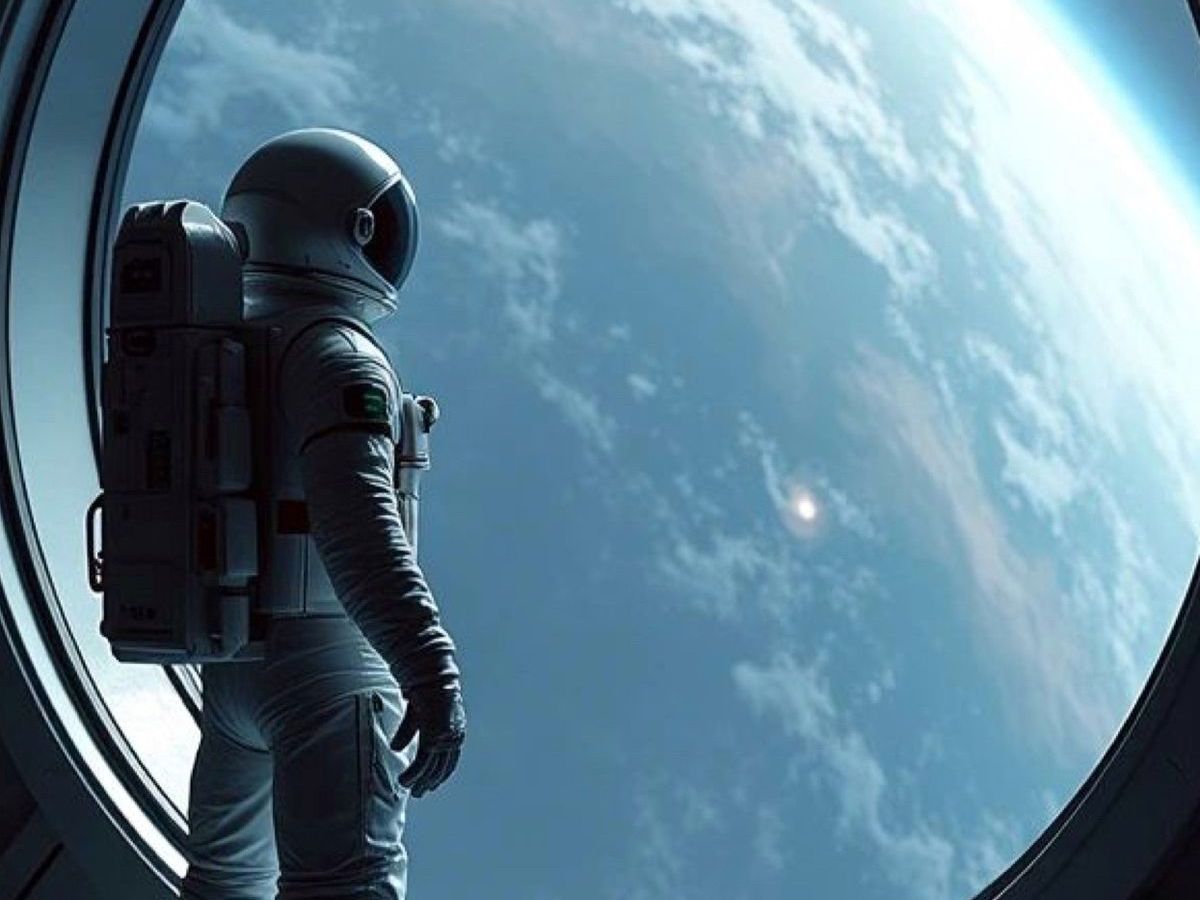
Mental and Physical Health Monitoring
Medical kits, psychological support and regular check-ups keep astronauts healthy. Virtual calls with family and leisure time are scheduled to reduce stress.
Disclaimer-This content is intended for information or general knowledge purpose only. All information was derived from publicly available sources. All pictures belong to their own respective owners. No copyright infringement intended. Some things may vary with time.





